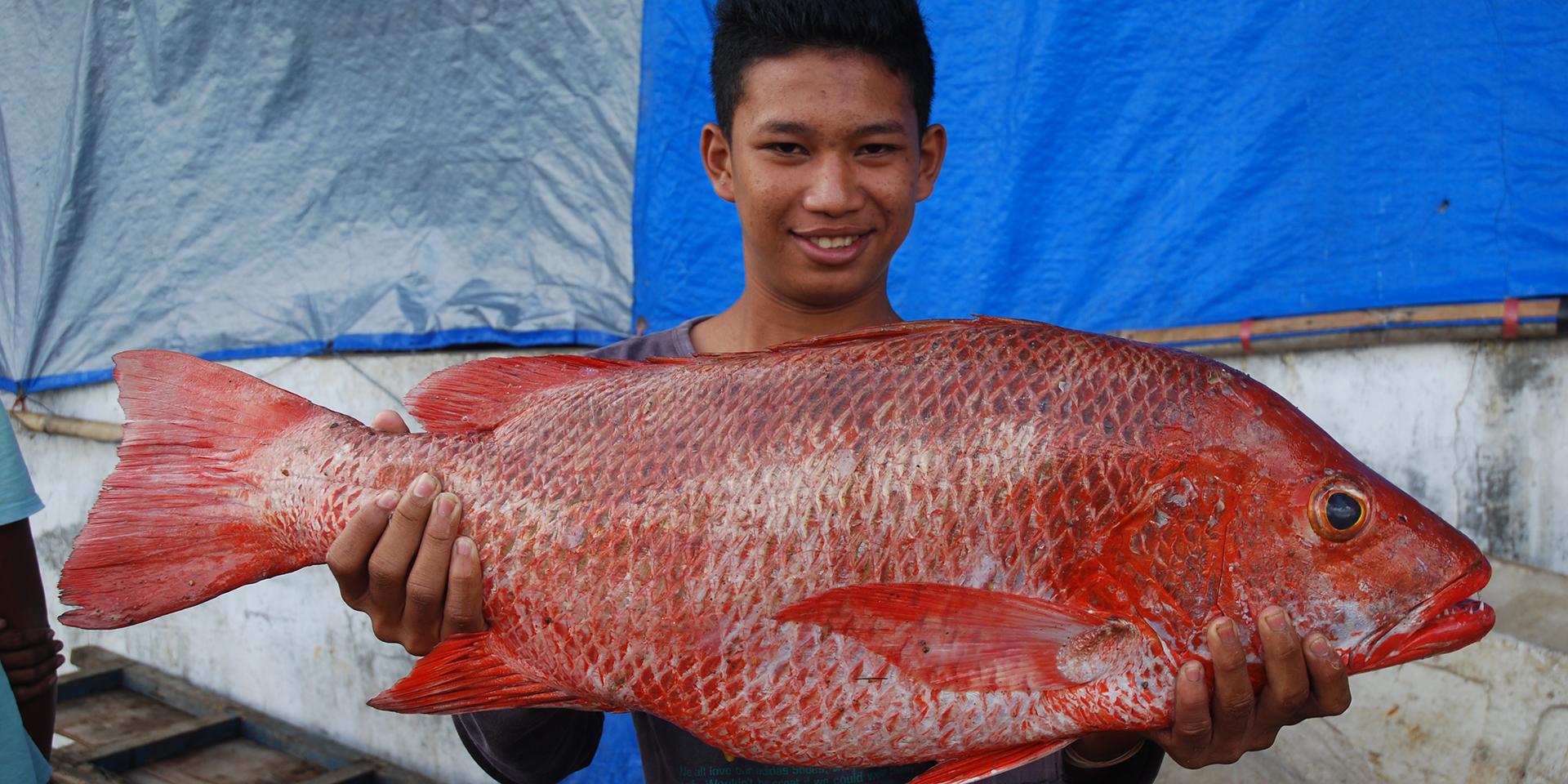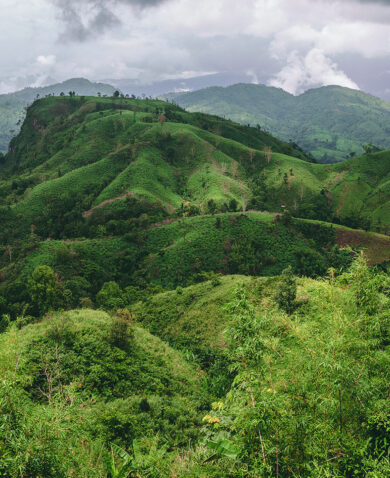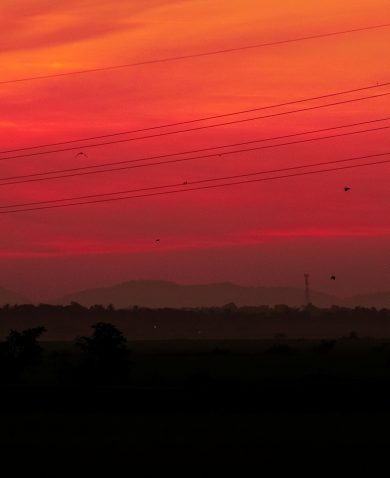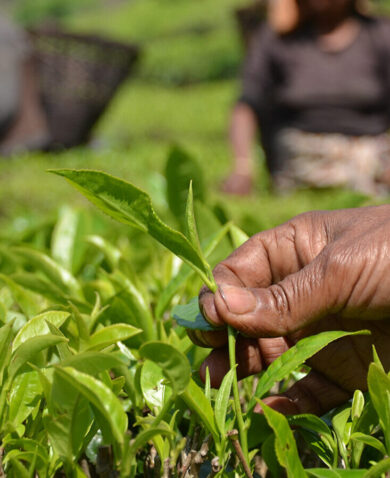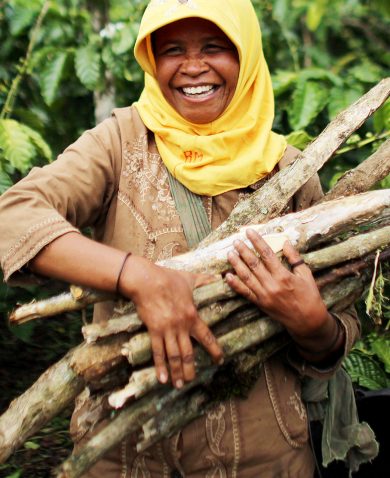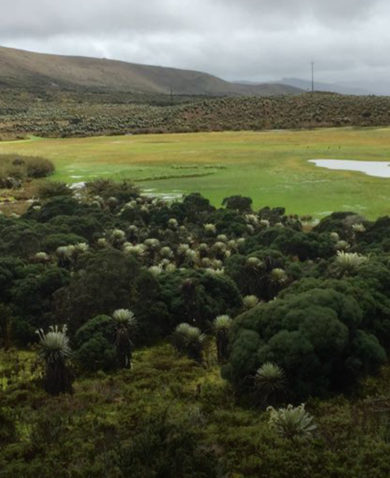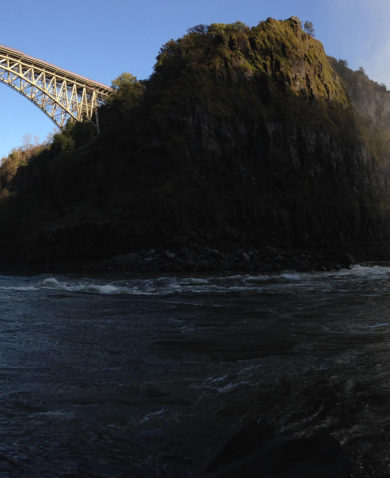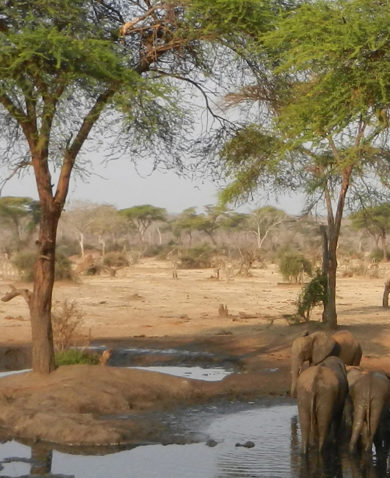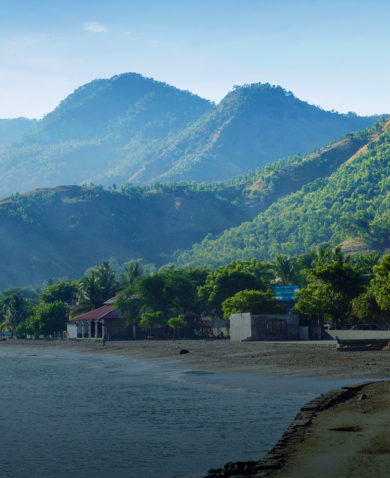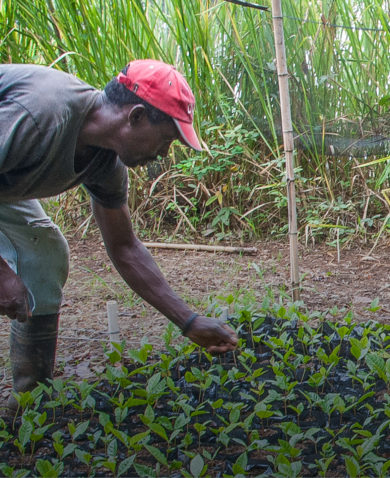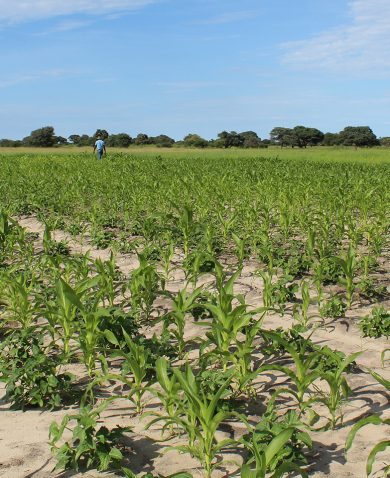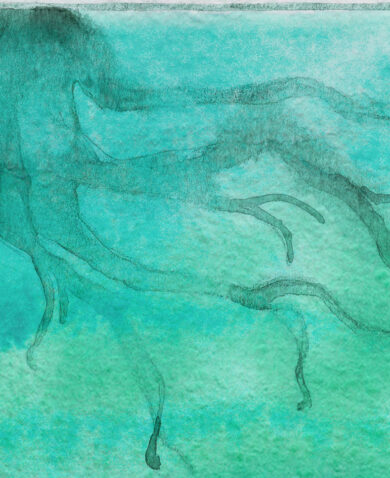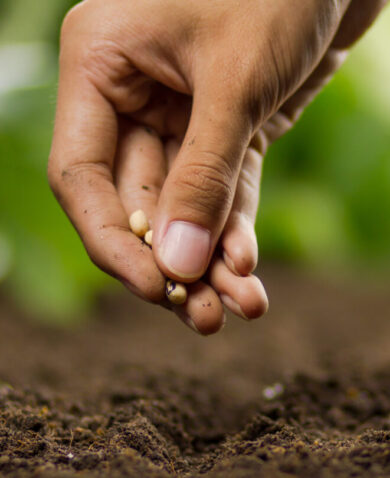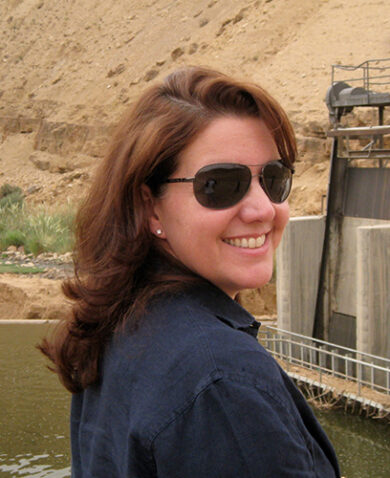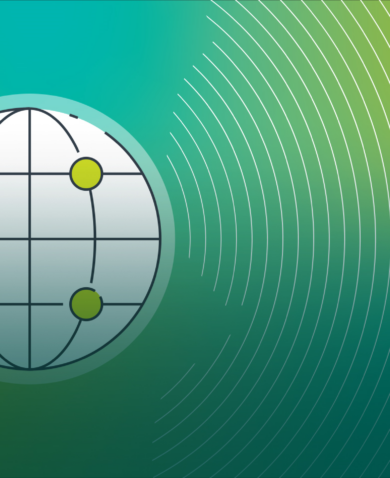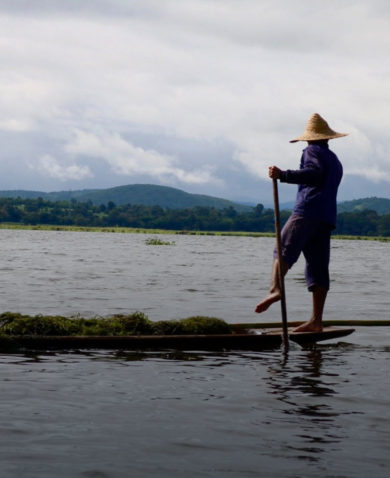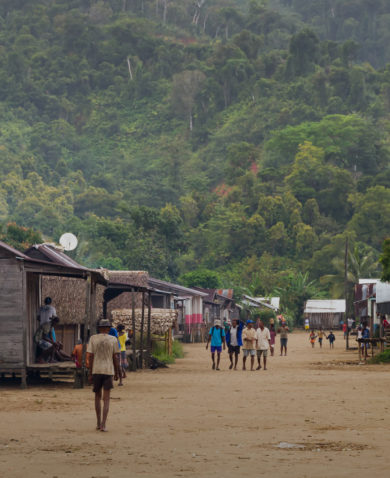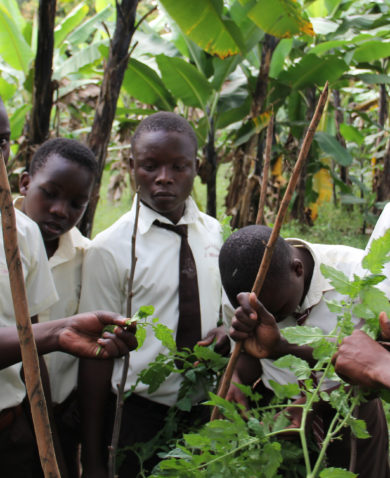Developed by a consortium of Indonesian government agencies, the Indonesia Climate Adaptation Tool for Coastal Habitats (I-CATCH) mitigates vulnerability to climate change by helping villagers compile information necessary for assessments and facilitating creation of data-driven village action plans. I-CATCH uses a participatory approach in which community members actively engage in the assessments and information-gathering process. Results from use of the tool, which is a manual guiding the assessments, will provide early warning reports that the government can use to prevent or mitigate the impact of climate change on coastal villages.
The Indonesian government has taken full ownership of I-CATCH and is using it to help coastal communities prepare for the future. “I-CATCH was designed in Indonesia, by Indonesians, for Indonesia, and it will help the country move into the future,” said IMACS Chief of Party Richard Mounsey. I-CATCH is being implemented in the first of 100 villages by the Ministry of Marine Affairs and Fisheries and IMACS and is being used by the ministry for planning. Early warning about vulnerabilities means the government can take action sooner rather than later.

